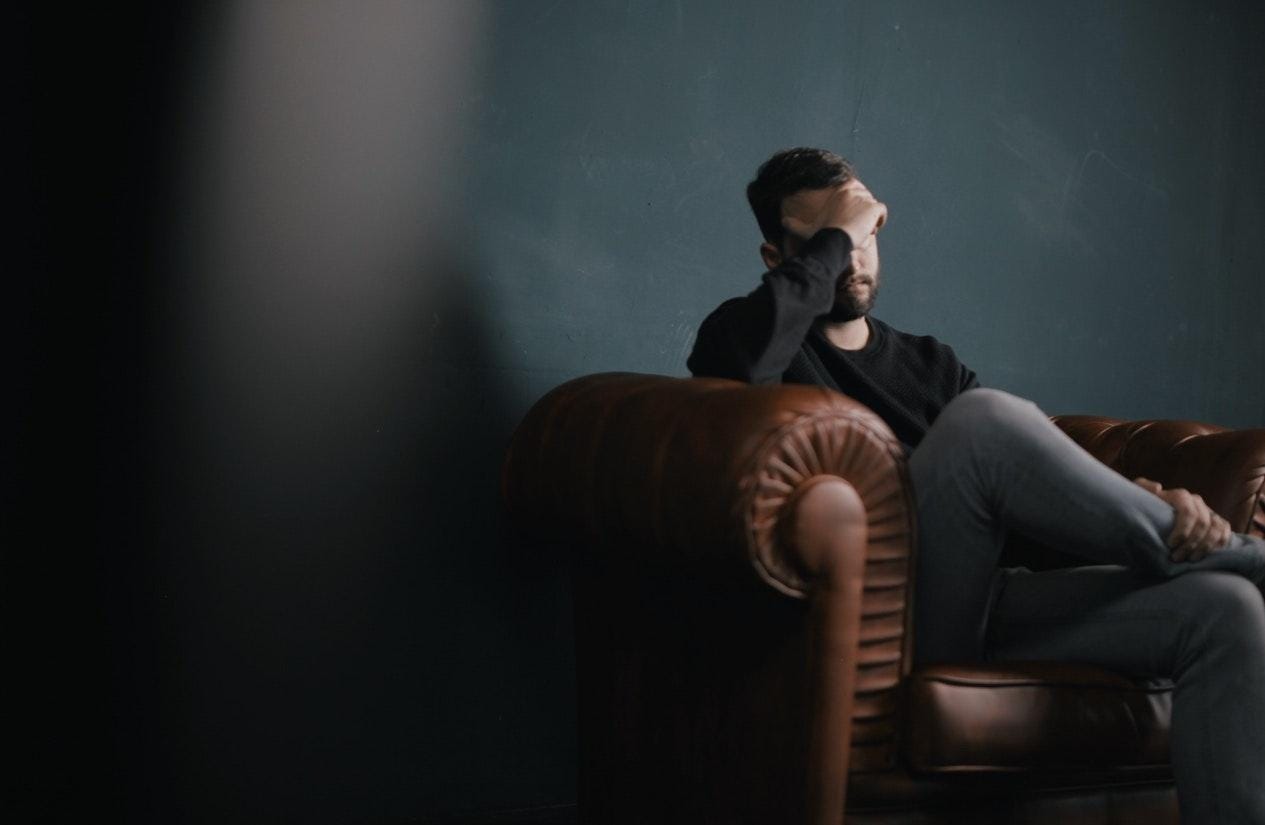How video games made us change our view of mental health
The gaming industry's power can change our perception of mental health "for better or for worse"
Many people nowadays are aware of the importance of treating mental health issues as seriously as physical ones. However, stigmatisation in the media industry is common and often not questioned enough. Gaming culture can deliver social norms and values to a young and impressionable audience. Yet, some games carry negative messages of mental health issues connected to violence and ‘craziness’, not just through language but through illustrations and storytelling settings.
However, the industry itself has developed over time and shows some recent examples of realistic presentations of mental health conditions within games, discussing the topic and educating its audience. With unprecedented power to sway and influence young gamers, will video game makers change the perception of mental health for the better or for the worse?
Gaming culture and its impact
Gaming, as a form of entertainment and community, has been integrated into society for a long time. Digital gaming created another level of community within the plasticity of gaming culture, creating competitive groups, championships and paving the way for the modern-day influencer.
After the 2000s boom of technology, gaming itself gained wider audiences through accessibility and technical innovations. The newly established gaming culture is part of our everyday life now. But how much influence does it have on society's perception?
The industry sets trends not just in terms of what games are popular, it influences the fashion industry, art, film, and tv shows as well as allows the consumer to buy merchandise. Singers especially in the HipHop genre realised the impact of gaming and engaged within the gaming society through online platforms and streaming services such as Discord, Twitch and YouTube. Even Drake has started to stream online games for his fans, the 34-year-old music behemoth buying into a rapidly expanding market.
Yet, the negative portrayal and stigmatisation of mental health issues and their impact on consumers have been evaluated by many researchers. However, as Dunlap, an American psychiatrist and game developer explained no suggestions were made to change and support the criticised illustrations.
Photo by Nik Shuliahin on Unsplash
With more than 15% of the UK population suffering from mental health disorders, wrong perceptions and stigmatisations can have a wider influence, especially on the people who suffer.
“Games have a serious problem with depicting mental illness, often stigmatising those in need of support and compassion as violent and intimidating.”
In games, especially in the horror genre, mental health disorders are used to describe violence and unpredictable behaviour. Conditions are a favourable character trait of the villain. The game Batman: Arkham Asylum, for example, stigmatises violence of mental health conditions by describing the villain character the joker as ‘schizophrenic’.
This specific mental health condition is evidently one of the most negatively over-represented ones in the news. A further study analysed UK tabloid newspapers and found that graphic language such as ‘stabbed’ and ‘strangled’ are often used within a representation of Schizophrenia evoking negative responses and fear in the reader.
Another game, Outlast does not just portray the person who suffers from a mental health disorder as unstable and unpredictable but also visualises the mental health institution as awful and scary. The portrayal of the institution as something where you are locked up and get ‘released’ gives the feeling of a prison. The charity Mind, an organisation fighting for mental health, stated that “many people who experience mental health problems don’t seek help, this is often because they fear being stigmatized, or locked up if they talk about violent thoughts or urges.”
As Shapiro and Rotter, both researchers of the Division of Law and Psychiatry at the Albert Einstein College of Medicine in New York evaluated, “The mass media plays a role in shaping and perpetuating the stigma of mental illness through inaccuracies, exaggerations, or misinformation, with the mentally ill being presented as peculiar, different, and at times dangerous.”
Read part II of Gaming Culture ‘Finally the Ending of Stigmatisation in Games?’ to find out more!





